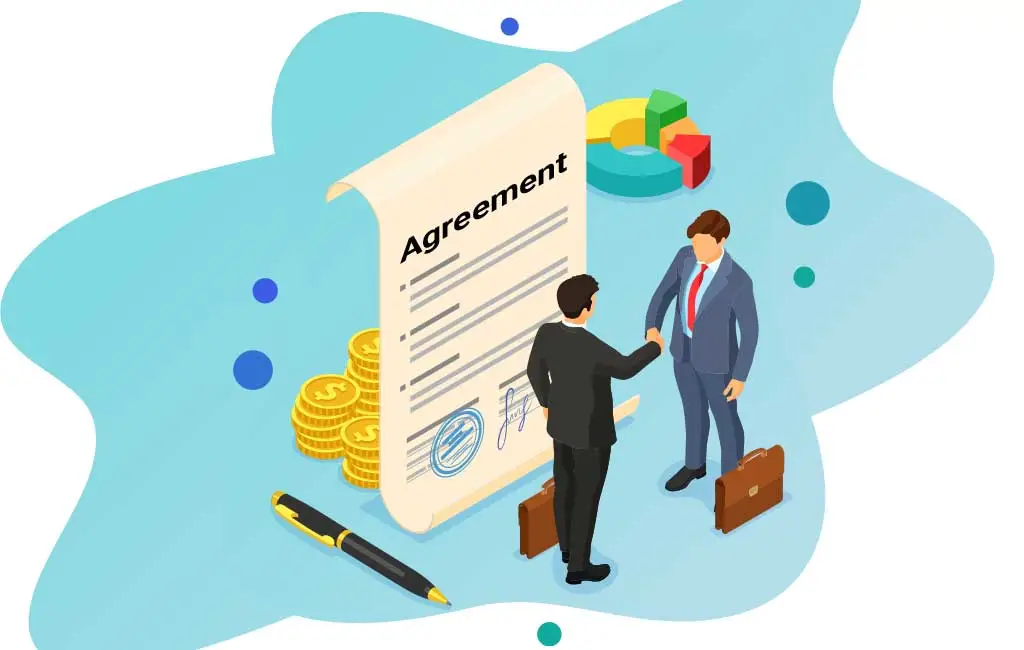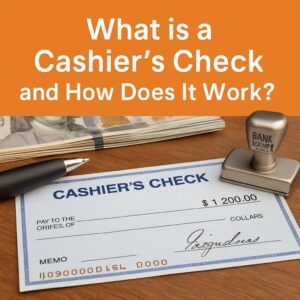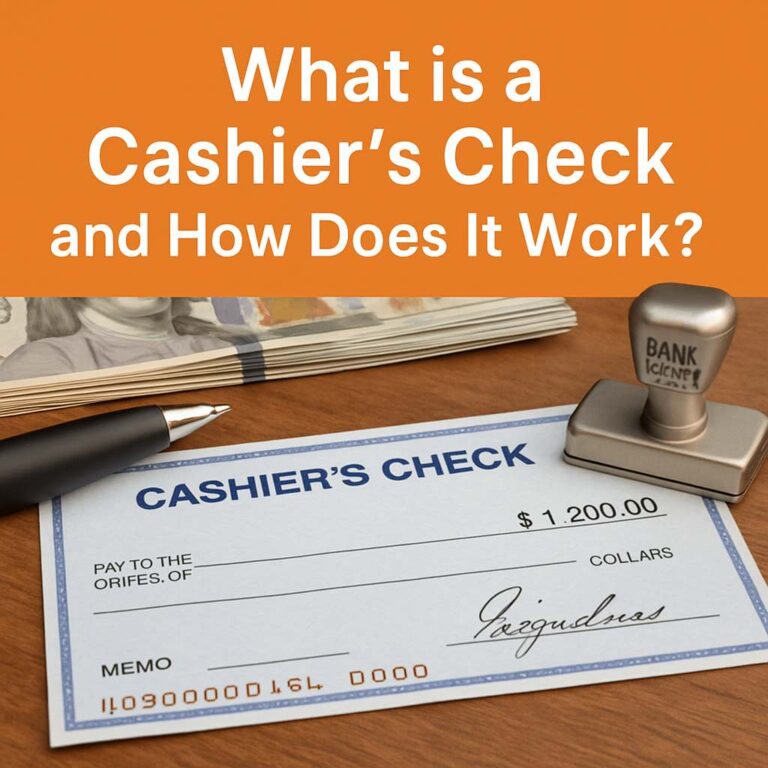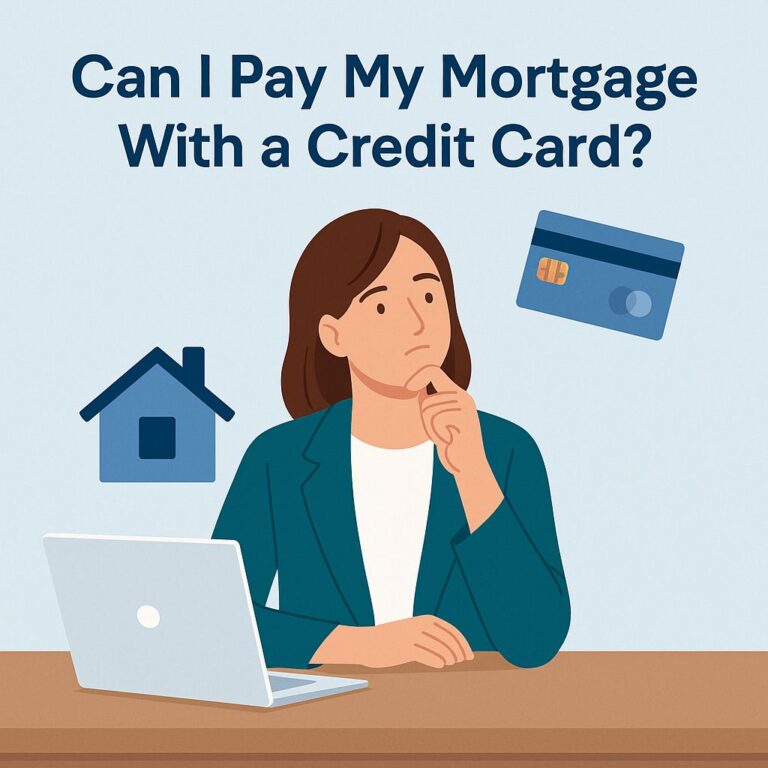If you’re struggling to qualify for a regular mortgage to purchase a home, there are other financing alternatives you can explore. One such alternative is a purchase money mortgage, often referred to as seller or owner financing. But what is a purchase money mortgage? It’s a home loan provided directly by the property owner rather than a traditional lender.
When buyers encounter obstacles like a high debt-to-income (DTI) ratio, a low credit score, or inadequate funds for a down payment, they often consider a purchase money mortgage. This type of financing involves a mortgage agreement between the buyer and the seller. Typically, the seller determines the terms. By doing so, the buyer can avoid traditional lenders and the typical underwriting process. However, they may face higher interest rates and the potential for a balloon payment at the end of the loan term.
This blog will cover the specifics of purchase money mortgages, explaining how they work, the different types available, and the benefits for both buyers and sellers. We’ll also provide practical examples and tips to help you navigate this alternative financing option.
What is a Purchase Money Mortgage & How Do They Work?
What is a purchase money mortgage? A purchase money mortgage, also known as seller financing, is a loan given directly by the property seller to the home buyer. This is often used when the buyer cannot qualify for standard bank financing, similar to other nonconforming loans.

In this arrangement, the seller effectively acts as the bank, setting the terms for the down payment amount, rate of interest, and closing fees.
How does a Purchase Money Mortgage Work?
The buyer makes a down payment to the seller and signs a financing agreement that details the loan terms. This agreement is recorded with the county to protect both parties’ interests. The seller determines the specifics, including the interest rate, down payment, repayment term, and eligibility conditions to finalize the deal.
The buyer then follows the amortization schedule for monthly payments to the seller, outlining the principal and interest payments over time. Unlike traditional mortgages, homeowners insurance premiums and property tax payments are not included in the monthly payments and must be paid separately by the buyer. If the agreement includes a balloon payment option, the buyer will need to either pay it at the end of the term or arrange to refinance the loan.
In scenarios where the property has an existing mortgage, the relevance depends on whether the lender accelerates the loan due to an alienation clause. If the seller owns the property outright (has a clear title), the buyer and seller agree on the interest rate, monthly payments, and loan term. The buyer then pays the seller for their equity in the property through installment payments.
Throughout this arrangement, the seller retains the deed until the buyer fully repaid the loan. Once the loan is paid off, the seller has to execute a satisfaction of mortgage document, confirming that the agreement terms have been met.
The Example of a Purchase Money Mortgage
Here is a practical example to understand the question “What is a purchase money mortgage?”:
Let’s imagine Rachel wants to purchase a home valued at $150,000. She is unable to secure a traditional mortgage, so she contacts the seller, Tom, and offers a purchase money finance arrangement. Rachel also agrees to pay $30,000 as the down payment.

Tom agrees to cover the rest amount of $120,000 at an interest rate of 6% over a ten-year term, amortized over 25 years. This arrangement means that Rachel’s monthly payments will be calculated as if the loan were spread over 25 years, even though the term is only ten years.
At closing, Rachel receives the title to the property, but it remains encumbered by a mortgage held by Tom. Over the next ten years, Rachel makes monthly payments of $773 to Tom, with additional separate payments for homeowners insurance and property taxes. At the end of the ten years, Rachel makes a payment of around $95,000 to fully repay the loan, and Tom then releases the mortgage right.
Pros and Cons of Purchase Money Financing
While purchase money mortgage loans offer several benefits, such as flexible financing options and lower closing costs, they also come with drawbacks like higher interest rates and potential seller reluctance. It’s essential for both buyers and sellers to carefully consider these pros and cons before deciding if this type of financing suits their needs.
Pros
Access to Financing with Less-than-Perfect Credit
1. Provides loan access for buyers with lower credit scores.
2. More flexible qualification criteria compared to traditional lenders.
Faster Closing Process
1. Quicker closing times due to the direct agreement between buyer and seller.
2. Avoids the lengthy regular mortgage procedure.
Lower Closing Costs
1. Reduced costs as many typical underwriting steps and fees are eliminated.
2. Savings on loan origination, processing, and administrative fees.

Negotiable Terms
1. Down payment, interest rate and loan term are negotiable.
2. Allows for personalized and flexible loan agreements to suit both parties.
Cons
Higher Interest Rates
1. Often comes with higher interest rates compared to traditional mortgages.
2. Sellers charge more to compensate for the higher risk they take on.
Balloon Payments
1. Typically, it requires a large, lump-sum payment (balloon) at the end of the loan term.
2. Can pose financial challenges if the buyer cannot refinance or save enough funds.
Seller Hesitation
1. Sellers may be reluctant to offer this type of financing if the buyer has a low credit score.
2. Concerns about the buyer’s ability to make consistent payments may deter sellers.
Due-on-Sale Clause Issues
1. Existing mortgages with a due-on-sale clause can complicate or prevent seller financing.
2. This clause allows the original lender to demand full repayment if the property is sold, affecting the new financing arrangement.
6 Types of Purchase-Money Mortgages
When financing a home, buyers and sellers sometimes turn to purchase money mortgages, especially if traditional loans aren’t an option.
What is a purchase money mortgage? Discover the answer and learn about the six types of purchase money mortgages to see how they might benefit you.
1. Land Contract
A land contract, also known as a contract for deed, is a type of purchase money financing where the seller retains legal ownership of the property until the buyer fully pays off the agreed amount.

The buyer makes regular installment payments directly to the seller. This arrangement allows buyers to build equity in the property while living in it, even if they cannot secure a traditional mortgage.
In a land contract, the buyer gains equitable title, meaning they have a financial stake in the property but do not receive full ownership until the final payment. This type of contract is often used when buyers have poor credit or limited funds for a down payment, offering a path to homeownership that might otherwise be unavailable.
2. FHA Purchase Money Loans
FHA purchase money loans are insured by the Federal Housing Administration and are designed to help buyers who may not qualify for conventional mortgages. These loans benefit first-time homebuyers, offering lower down payment requirements and more lenient credit criteria.
The FHA insures these loans, reducing the risk for lenders and making it easier for buyers to secure financing. Buyers can typically put down as little as 3.5% of the purchase price, making these loans an attractive option for those with limited savings.
3. VA Purchase Loans
VA purchase loans are available to eligible veterans, active-duty service members, and their families. These loans are guaranteed by the U.S. Department of Veterans Affairs, allowing lenders to offer more favorable terms, such as no down payment and lower interest rates.
VA loans also come with the benefit of no private mortgage insurance (PMI) requirement, which can significantly reduce the overall cost of the loan. These features make VA loans an excellent option for veterans looking to buy a home with minimal upfront costs.
4. Lease Option Agreement
A lease option agreement allows the buyer to lease a property with the option to purchase it at the end of the lease term. This type of agreement is beneficial for buyers who need time to improve their credit or save for a down payment. Part of the lease payments may be credited towards the purchase price.
In a lease option, the buyer has the exclusive right to buy the property within a specified period, typically at a predetermined price. This arrangement provides flexibility and time for buyers to secure financing or decide if the property is the right fit.
5. Lease-Purchase Agreement
Similar to a lease option agreement, a lease-purchase agreement involves leasing a property with the intention to buy it. However, unlike the lease option, a lease-purchase agreement obligates the buyer to purchase the property at the end of the lease term.
This type of agreement can be advantageous for buyers confident in their decision to purchase the property but need some time to arrange financing. It ensures that the buyer will secure the property while providing the seller with a committed buyer.

6. Hard Money Loans
Hard money loans are short-term loans provided by private lenders based on the value of the property rather than the buyer’s creditworthiness. These loans often have higher interest rates and shorter repayment terms but can be a quick way to secure financing for a property purchase.
Hard money loans are typically used for investment properties or by buyers who need to close quickly and cannot wait for traditional financing approval. These loans are ideal for those looking to flip houses or make rapid real estate investments.
Purchase-Money Mortgage Benefits for Buyers
When exploring financing options, purchase-money mortgages offer distinct advantages for buyers. This alternative to traditional lending can provide greater flexibility and lower costs, making homeownership more accessible.
Flexible Qualification Criteria
Even if the seller requests a credit report, the criteria for the buyer’s qualifications are typically more lenient than those of conventional lenders.
This flexibility allows buyers who may not meet stringent bank requirements to still secure financing and purchase a home. It opens the door for individuals with less-than-perfect credit to achieve homeownership.
Variety of Payment Options
Buyers can choose from a range of payment options, such as interest-only payments, fixed-rate amortization, less-than-interest payments, or balloon payments. This flexibility allows buyers to select a payment plan that best suits their financial situation.
Payments can also be customized, and interest rates may be adjusted periodically or remain constant based on the buyer’s needs and the seller’s discretion, offering tailored financial solutions.
Negotiable Down Payments
Down payments are negotiable in purchase-money financing. If the seller requests a larger down payment than the buyer has available, the seller may agree to let the buyer make periodic lump-sum payments toward the down payment.
This arrangement makes it easier for buyers to meet down payment requirements. It allows buyers to enter the housing market even if they do not have significant savings upfront.
Lower Closing Costs
Without the involvement of an institutional lender, closing costs are significantly reduced. Buyers avoid fees typically charged by lenders, such as loan origination, processing, administration, and discount points. This can result in substantial savings, making the overall cost of purchasing a home more affordable.

Faster Closing Process
Since buyers are not waiting on traditional lenders for financing approval, the closing process can be much faster.
This allows buyers to take possession of the property sooner than they would with a conventional loan, which can be a significant advantage in a competitive market. Quicker possession can also provide a strategic edge when multiple offers are on the table.
Purchase-Money Mortgage Benefits for Sellers
Offering a purchase money debt can be a strategic move for sellers, providing a range of financial advantages.
By acting as the lender, sellers can not only facilitate the sale of their property but also reap significant benefits. Here are some key advantages for sellers offering a purchase-money mortgage.
Higher Sale Price
Sellers offering a purchase-money mortgage can often receive the full list price or even higher for their home.
Buyers are sometimes willing to pay a premium for the flexibility and ease of seller financing, leading to a more profitable transaction. This can also help the property sell faster in a competitive market.
Tax Advantages
In an installment sale, sellers may pay less in taxes. This tax benefit can make seller financing an attractive option for those looking to manage their tax liabilities effectively.

Selling can potentially reduce their overall tax burden by spreading the income over several years.
Increased Monthly Cash Flow
Payments from the buyer can boost the seller’s monthly cash flow, providing a steady stream of income for daily expenses or other investments. This regular income can enhance financial stability and provide additional funds for future ventures.
Higher Interest Rates
Sellers can charge a higher interest rate on the mortgage than what they might earn from a money market account or other low-risk investments.
This can lead to higher overall returns on their money, making it a more profitable use of their resources. Additionally, it offers the seller a reliable return on investment over time.
Control Over Sale Terms
By offering a purchase mortgage, sellers have more control over the terms of the sale. They can negotiate interest rates, repayment schedules, and other conditions that suit their financial goals and needs.
This control allows sellers to tailor the transaction to their advantage, ensuring a more favorable and flexible agreement.

Final Words
So, what is a purchase money mortgage? It is a flexible and beneficial financing option that allows buyers and sellers to complete a property transaction without traditional mortgage lenders. For buyers, it offers easier qualifications, flexible terms, lower closing costs, and faster closing.
For sellers, it increases marketability, allows for potentially higher sales prices, provides a regular income stream, and facilitates quicker sales. Whether you’re a buyer struggling to secure conventional financing or a seller looking to make your property more attractive, a purchase money mortgage could be the perfect solution.
For more information on mortgages and other financial topics, visit our blog at EduCounting. We provide expert advice, tips, and strategies to help you make the best financial decisions. Stay informed and empowered with our comprehensive resources.








